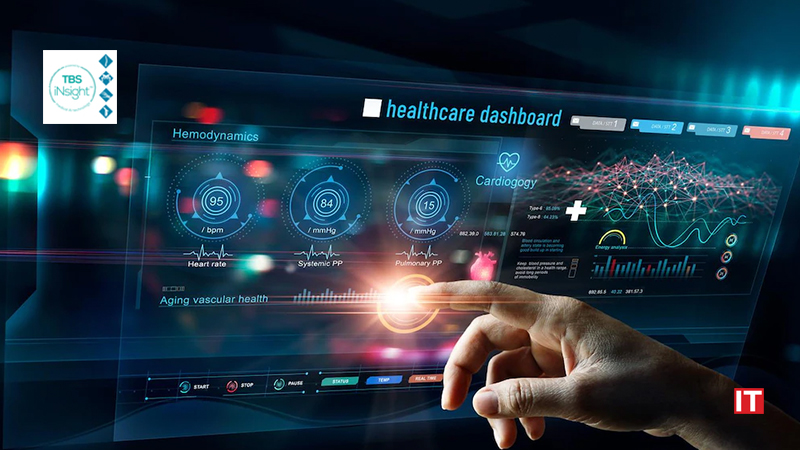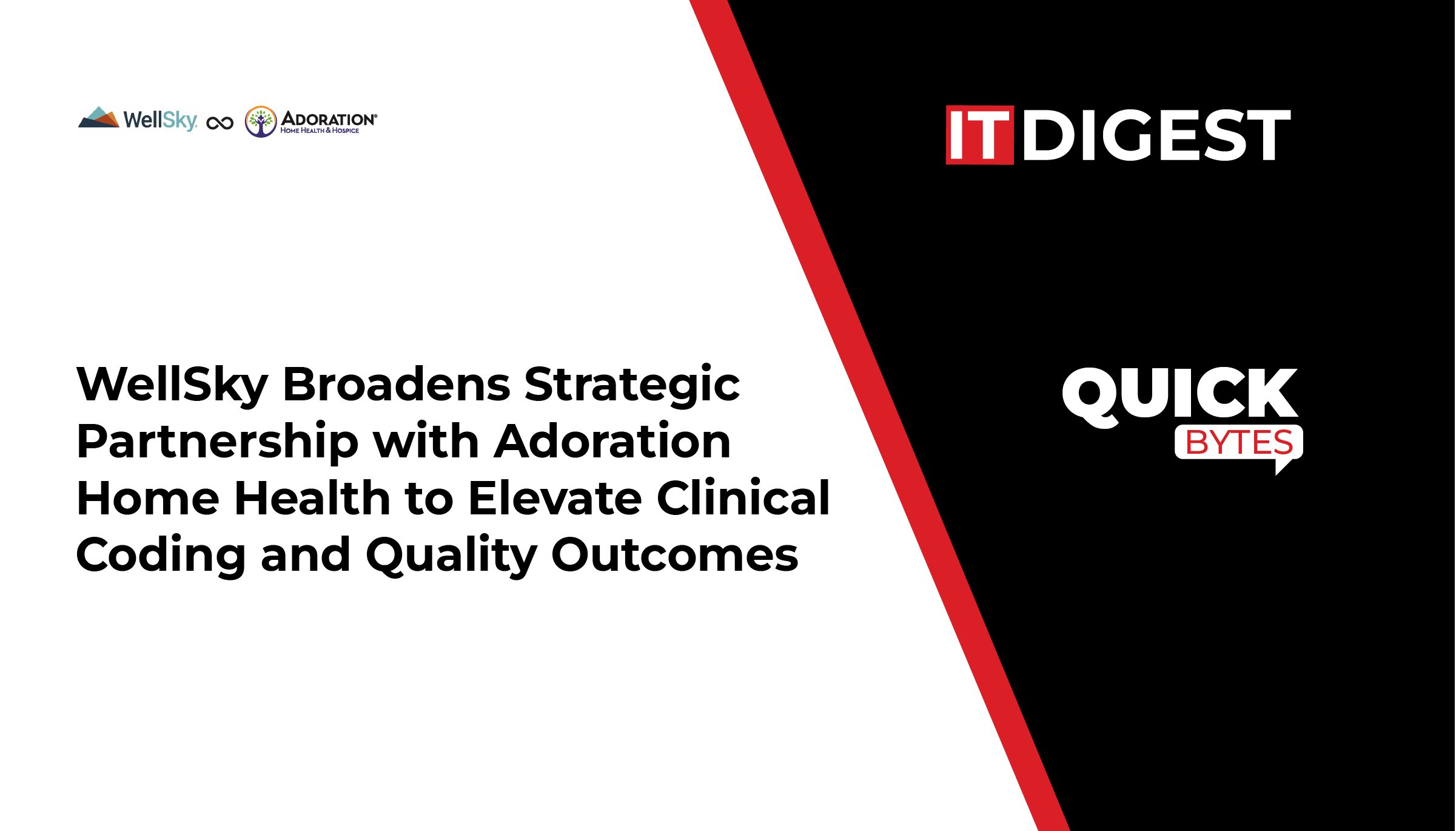MEDIMAPS GROUP , a Swiss/Global med-tech company specializing in image processing software for assessing bone health, announced that its novel method for enhancing osteoporotic fracture risk assessment, Trabecular Bone Score (TBS iNsight™), a surrogate of bone microarchitecture boosted by AI, is now available on diagnostic platforms from OsteoSys Co., Ltd. OsteoSys is the leading Bone Mineral Densitometer brand in Korea and the third largest supplier of DXA scanning equipment worldwide.
Medimaps Group Announces Partnership with OsteoSys Co., Ltd. to Bring Trabecular #Bone Score to Korea’s Leading Bone Densitometry Platform — #osteoporosis #DXA #DEXA #BMD #TBS #FractureRisk #AI
TBS iNsight™ is available on OsteoSys’ Primus Whole Body DXA, their high-end DXA scanning product. The agreement expands worldwide access to Medimaps’ technology to clinicians in countries throughout southeast Asia, Europe, and South America. Financial terms were not disclosed.
Medimaps has obtained a CE 2797 mark for TBS iNsight™, an FDA 510(k) clearance in the US, and it is cleared in more than 60 countries worldwide, including Japan and South Korea. TBS is also now reimbursable in the US and some European countries and is working towards reimbursement in Japan and Korea. TBS is recommended for use by many local, national, and international medical societies such as in Switzerland, France, Italy, Germany, Spain, as well as in the United States, China, and Japan.
“Bone structure is just as important as bone mineral density (BMD) when diagnosing and treating osteoporosis,” said Dr. Young-bok AHN, CEO and founder of OsteoSys. “Along with BMD, Medimaps TBS iNsight™ provides a more complete picture of patient fracture risk. We see TBS iNsight as a viable option integrated into our DXA scanners to address osteoporosis, a health concern that is growing rapidly as the worldwide population ages.”
“Our proprietary and patented technology is empowered by a deep learning multi-layer approach, which makes it applicable for a wide spectrum of image modalities and resolutions,” said Prof Didier Hans, CEO and co-founder of Medimaps Group. “TBS is demonstrating diagnostic accuracy improvement for primary and secondary osteoporosis and in both females and males, and it appears sensitive to changes over time that result from effective treatment (with TBS increasing) or continued bone loss in the absence of effective treatment (with TBS decreasing). Because it is seamlessly integrated into BMD assessment, TBS will be able to be applied in a number of clinical settings, ranging from opportunistic X-ray based screening, to patient risk profiling, and presurgical evaluations.”
































